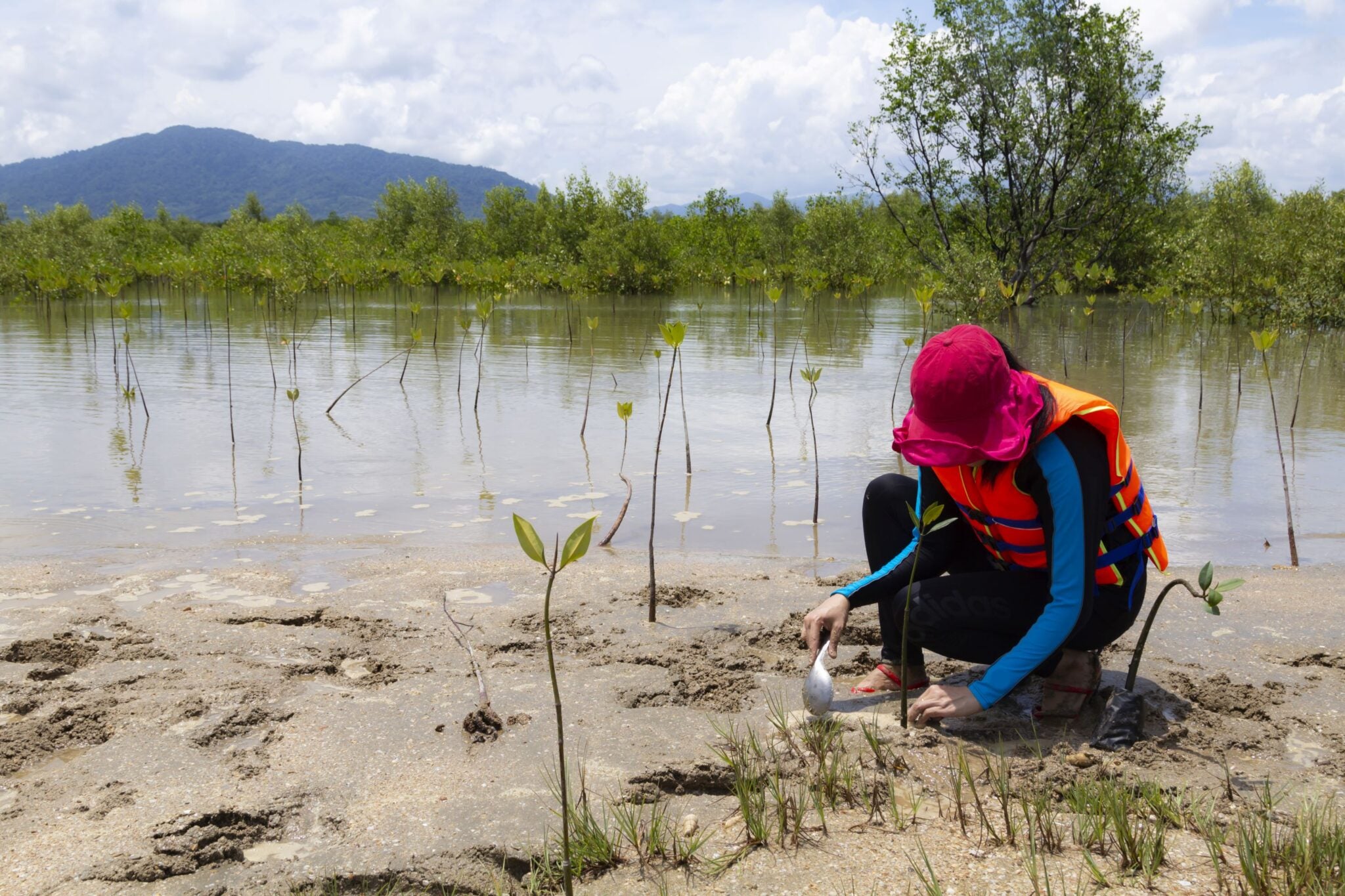“This as an opportunity to rethink tourism and rethink the economies that are based on tourism,” urges Graham Watkins, Chief of the IDB’s Climate Change and Sustainability Division, during the third instalment of the Tourism in the Caribbean: Stories from the field during COVID-19 podcast.
Despite its devastating impact on the lives and livelihoods of millions of people in our region, the pandemic is a catalyst for the Caribbean to rethink tourism. As countries attempt to restart this vital economic engine, stakeholders are looking at ways to not just resume tourism activity but how to create a sector, which leads to more sustainable and inclusive economies.
During the podcast, Watkins provides a vision of what a sustainable recovery could look like and how tourism can play a major role. He outlines five main areas that could play a crucial role in re-igniting economic growth in the tourism-dependent Caribbean with relevance for other areas too. These areas are also relevant for longer-term sustainability including climate change and inequality, which are major concerns for our region.
- Boosting social resilience
- This requires a focus on building strong health systems, social protection mechanisms, and disaster risk management capacities, as well as greening buildings and housing to be more resilient, while also investing in education and retraining to be able to successfully implement the necessary changes.
- Supporting sustainable infrastructure
- Investing in greater use of digital communications, renewable energy, electromobility, water, education and sanitation services and promoting a circular economy
- Ensuring resilience across the natural world through nature-based solutions
- Rehabilitating and restoring nature areas to protect vital ecosystem services to increase resilience, ensure food security, and strengthen agricultural systems and supply chains. This can help to quickly generate employment and complement ecotourism ventures, which are reliant on nature.
- Shifting policies to support these actions
- In order to see meaningful, long-term results, the necessary policy framework needs to be put into place, including implementing green and carbon taxes to generate revenue, carefully reducing and eliminating fossil fuel subsidies, and increasing efficiency of public spending.
- Shifting financial systems to support a sustainable recovery
- Help to access private sector finance through capital markets, mobilize investors to fill finance gaps given lack of fiscal space, and enhancing risk management of financial systems.
Watkins’ suggestions resonated with fellow podcast panelists, Ian McNeel and Mahmood Patel, who are key stakeholders in Barbados’ ecotourism sector. Both run facilities and properties that incorporate a holistic and regenerative approach to tourism.
McNeel, a social entrepreneur and founder of Walker’s Reserve located on Barbados’ rugged East Coast, highlights the benefits of moving beyond sustainable tourism to regenerative tourism, emphasizing: “Regenerative tourism is moving beyond something that is just sustainable…which is just doing a little less harm. It goes on to restore and regenerate the harm that was done and the degradation that we’ve already done to the environment through tourism and other ways in the natural world.”
Meanwhile Patel, who owns and operates Ocean Spray Hotel and the Coco Hill Forest agro-tourism project in Barbados, explains the various ways in which his businesses seek to offer a more sustainable and resilient tourism product by linking the farm to the table and offering eco-tours of his estate, as well as locally produced food products to hotel guests.
As highlighted by the panelists, COVID-19 has had devastating effects on Latin America and the Caribbean’s tourism industry but has also opened an opportunity to rethink how the tourism sector adds value to the economy and society. We must not miss this chance to come together to create a new tourism model that is beneficial for our countries and builds more sustainable and inclusive economies.
You can listen to more of our podcasts here.


Leave a Reply